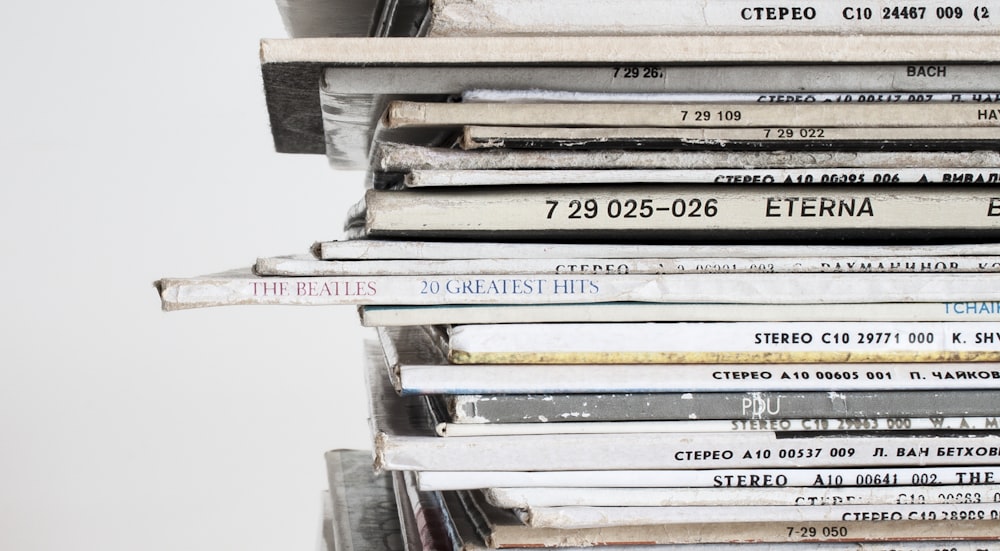Every artist needs to understand the logic behind music copyright laws in order to keep their work in check. In this sense, learning how to cover a song legally is very. Associating your brand with a classic is a very neat way to position yourself as an artist in the music industry. Covers make up a traditional way to record music that honors musicians who came before you. Keep reading to further understand how the law works and how you can do it properly.
Understanding music copyright laws
If you want to record a cover, understanding music copyright laws is fundamental. There are a couple different types of royalties that need to be licensed depending on what the music is going to be used for. Learning how to copyright music may seem very complicated but it’s actually pretty simple. In the US, songs are considered automatically copyrighted from the moment they’re created. Still, artists need to understand how different rules apply to each use so they don’t break any laws. There are basically four different types of royalties involved in music copyrights: synchronization, print, mechanical and performance. Synchronization – or just sync, for short – comes about whenever a piece of audiovisual media uses a song in it. This can happen in a movie, TV show or even music videos. Print royalties, on the other hand, need to be licensed for printing sheet music. But if you plan on including someone else’s song in the setlist of your concerts, you’ll need to obtain a public performance license. With that, you’re allowed to perform it for a crowd. Last but not least, we have mechanical rights. This type of license is necessary to produce copies of a song for distribution. We’ll head into it with more details below.Mechanical Royalty
As we have mentioned, mechanical royalty encompasses making copies of a record. Those copies can be either physical — printed CDs, LPs and cassette tapes — or digital — distributed through streaming services or available for download. So, if you are looking into recording a cover to include in your new album, you’ll need to get this license.Copyright Registration for Musical Compositions
Recording a cover can always raise the question of what is music plagiarism. But, at the end of the day, doing it with the proper accreditation to the composers can settle most legal disputes. Most questions regarding this can be answered by the US Copyright Office’s Circular 50. The document has been recently revised and sets very clear rules for the whole process. It explains what are the requirements for completing a copyright application, submitting a deposit and registering multiple unpublished musical compositions.How to choose a song for your cover
 Doing a cover can be a good way to go about with your career. It sets a precedent to your audience on what kind of sound to expect from you. Remaking a classic can be like a shortcut to position you or your band in the industry.
There are a lot of famous covers. From Whitney Houston’s “I Will Always Love You” – originally recorded by Dolly Parton – to Jeff Buckley’s “Hallelujah” — originally sung by Leonard Cohen. So, choosing the right song for your brand is essential to introduce yourself to a new audience.
Doing a cover can be a good way to go about with your career. It sets a precedent to your audience on what kind of sound to expect from you. Remaking a classic can be like a shortcut to position you or your band in the industry.
There are a lot of famous covers. From Whitney Houston’s “I Will Always Love You” – originally recorded by Dolly Parton – to Jeff Buckley’s “Hallelujah” — originally sung by Leonard Cohen. So, choosing the right song for your brand is essential to introduce yourself to a new audience.

